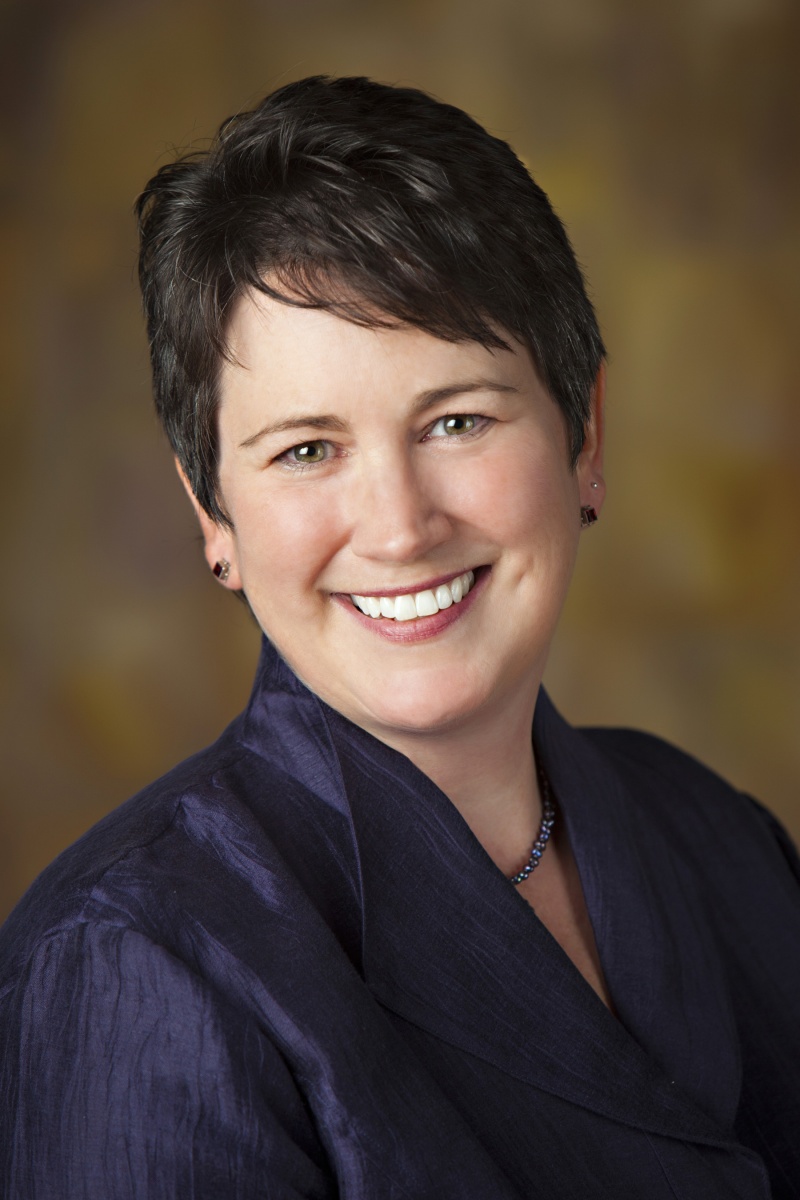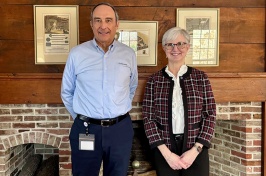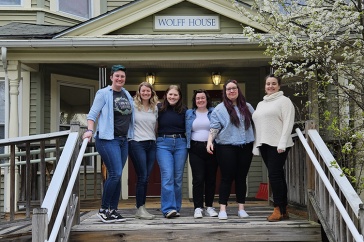Before Tarana Burke’s #MeToo movement finally drew the world’s attention to the commonality of sexual harassment and assault in everyday life, before Harvey Weinstein, Bill Cosby, R. Kelley and countless other powerful men of Hollywood were taken down for their crimes, before Brett Kavanaugh and Brock Turner, a multimillionaire sex offender and human trafficker got the ultimate break. His name was Jeffrey Epstein.
A series of recent media stories revealed the horrifying details of Jeffrey Epstein’s crimes and how he got away with them in 2008. The short answer was that he was a very rich, privileged, powerful man with powerful lawyers. Prosecutors cut Epstein a pretty sweet deal that allowed him to get away with sexually abusing dozens of underaged girls between 2002 and 2005 by pleading guilty to prostitution charges and serving only 13 months in jail. While in custody — in a private wing of the priosn — Epstein was able to leave for 12 hours a day, six days a week, to work in his Florida office.
Epstein was arrested again in July of this year on charges of running a sex trafficking operation from his homes in New York City and in Florida. Investigators later found child pornography during a search of his New York City mansion. Epstein committed suicide in jail in August, putting an end to any possibility he would face prosecution and for survivors to address Epstein in court.
Looking over this case, it’s painful and sickening to understand that the very people who are supposed to keep survivors safe still favor the rich and powerful over those who have been hurt by them. It’s hurtful — but not entirely surprising, either. And although Epstein’s accusers never got their day in court and the millionaire was never properly punished, it has become one of the most high-profile sexual abuse cases in recent memory.

So, I wondered, with Epstein — closely following other high-profile cases like Weinstein, Cosby and Kavanaugh — will his case change the way we look upon and seek justice against perpetrators? To find out more, I talked to Lyn Schollett, executive director of the New Hampshire Coalition Against Domestic and Sexual Violence. Lyn has been at the coalition for six years, and before coming to New Hampshire, she worked as a general counsel at the Illinois Coalition Against Sexual Assault for almost 17 years. Check out my conversation with her below.
How long have you known about Jeffrey Epstein? He’s been in the news before all of the recent stuff happened. Were you aware of him before this past year?
I was generally aware, but like a lot of people, I didn’t have a sense of the scope of his bad behavior. One of the things that’s really relevant is, because of his privilege and because of his resources, he was able to avoid a lot of accountability for his conduct. So I think there were a lot of things he did that stayed very much under the radar.
Let’s take the donations to MIT as an example. He was able to continue giving money to something that was important to him, and influential people were willing to look the other way and accept that money. That is so different when compared to other offenders. So I think because of his status and his privilege, he was able to keep a lot of the things he did out of the limelight in a very disturbing way.
When all of this new information started coming out within the past year, what were your thoughts? How did you react?
My thoughts were that I was terrified that this was only the tip of the iceberg. I think when we know the things that he was arrested and convicted for, it sounds like we only know the smallest amount of what really happened. And that’s my reaction — that there’s probably so much more than we were able to find out. Certainly much more than what he’s been held accountable for in the criminal and legal system.
What do you think would have happened if Epstein ended up going to trial?
Well, of course it’s hard to guess, but I think what we can say that we know often happens in serial cases like this is that survivors embolden one another in an incredibly positive way. And I think we’ve already seen this in the aftermath, right? That survivors have come forward who maybe haven’t been in the media before, who have said, "I was looking forward to the opportunity to talk about my experience and to be heard in a meaningful way."
So while I don’t think we can prognosticate on what the outcome of a trial would have been, I think it’s probably pretty reasonable to assume that other survivors would have been impacted and supported. Some survivors coming forward would have probably resulted in a lot more survivors coming forward because we see that so routinely.
Do you think this case is going to change the way that we as a society look at men in power, and how we punish them?
I hope it changes how we in society look at men in power who do this … I’m concerned that it won’t change the behavior of men in power who do this, because I think they already assume that they’re so invincible. I mean, I feel like that’s one of the lessons that Jeffrey Epstein taught us, so long as he continued to get away with such nightmarish, criminal, predatory criminal behavior.
The piece that I’m hopeful for, if something positive comes out of it, is for people to understand how pervasive trafficking is, how damaging it is, how purposefully traffickers prey on vulnerable young women, how purposefully those victims are selected and targeted as people who the trafficker expects won’t be believed. That’s really intentional, and we know that. So I hope the public will be more aware of that.
Do you think that there are more Jeffrey Epsteins out there that haven’t been caught yet?
I imagine Jeffrey Epstein, personally, is the tip of the iceberg. And they may not all be as affluent or famous as he was, but I’m fearful that there are countless more Jeffrey Epsteins out there. And they’re just so successful in silencing their victims, and I think that’s the piece that’s so alarming.
-
Written By:
Jordyn Haime '20 | SHARPP Student Marketing and Communications Assistant















































